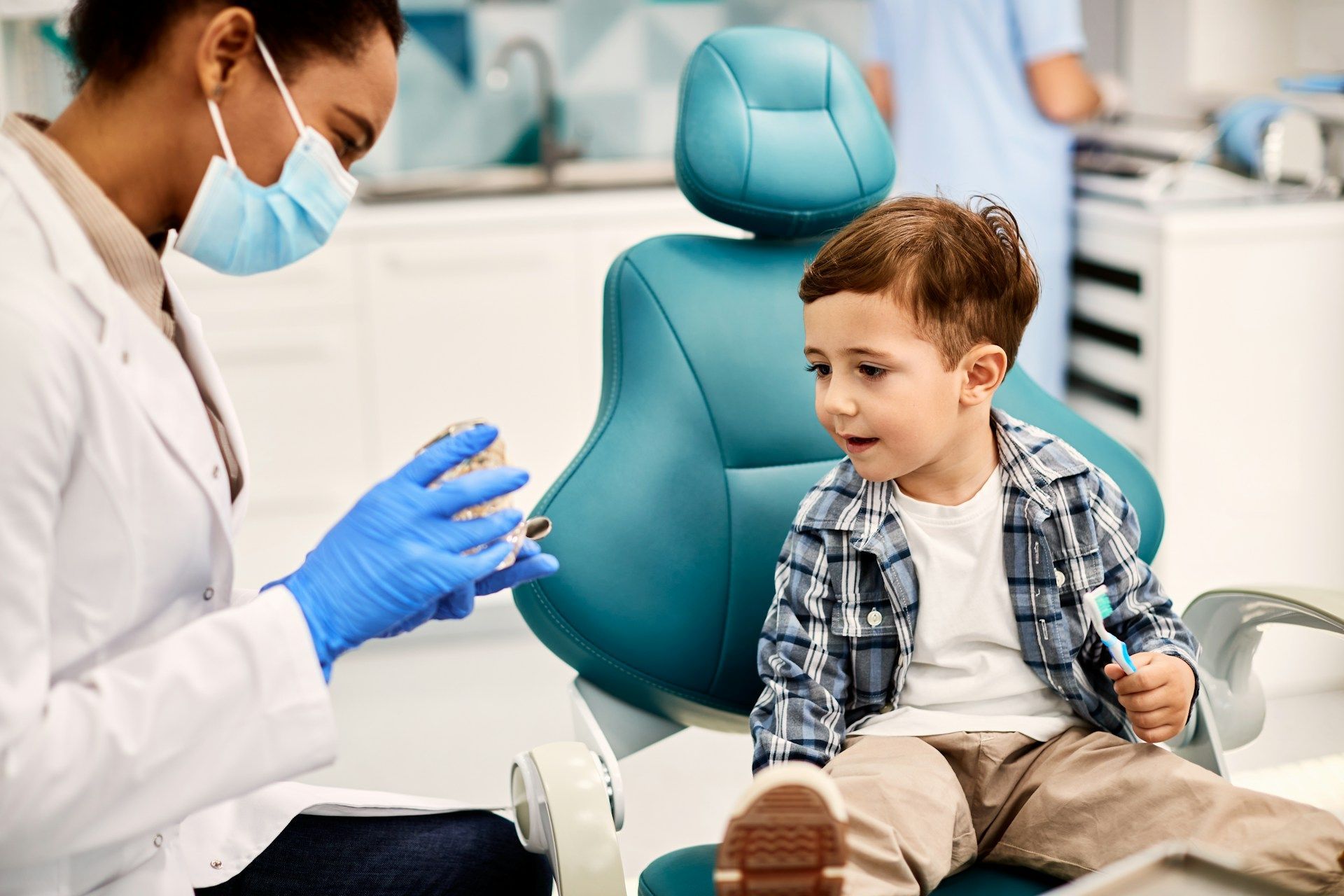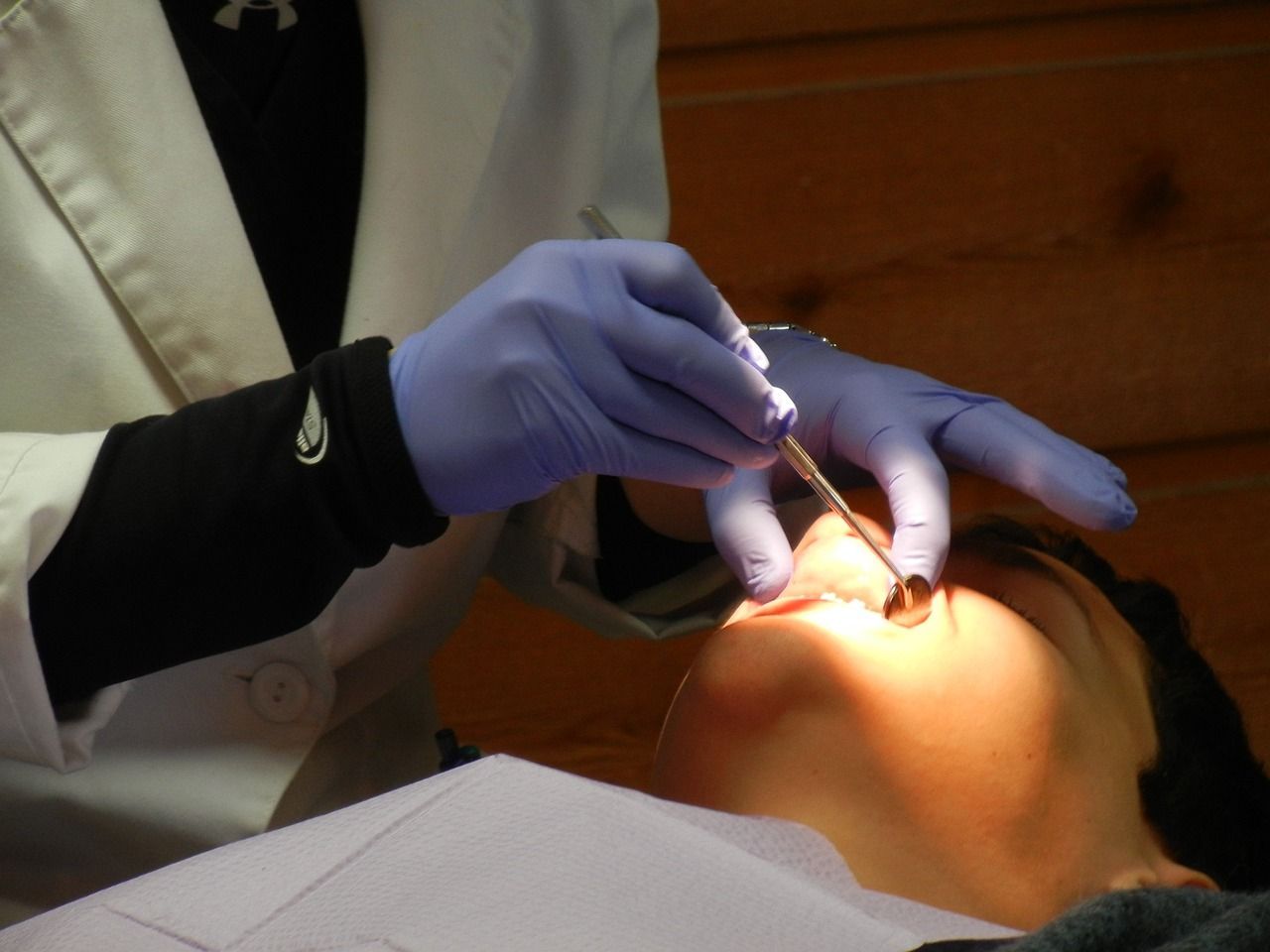Establishing Healthy Dental Habits for Children with Pediatric Dentistry
Instilling healthy dental habits in children from an early age is vital for promoting lifelong oral health. At our practice, we understand the importance of pediatric dentistry in providing positive dental experiences, fostering good oral hygiene habits, and addressing any dental concerns early on. By creating an enjoyable, safe, and nurturing dental environment for children, we empower them with the knowledge and tools needed to care for their smiles as they grow and develop.
Pediatric dentistry encompasses a broad range of services, including routine dental checkups, cleanings, fluoride treatments, sealants, and orthodontic consultations. As dental professionals, our goal is to educate children and their parents on proper oral care techniques, anticipate and address dental issues early, and create a supportive atmosphere that encourages a lifelong commitment to oral health.
Age-Appropriate Dental Care Tips for Children
Children's dental care needs evolve as they grow, but good oral hygiene habits can be fostered from infancy. To ensure the best start for your child's dental health, follow these age-specific dental care recommendations:
1. Babies (0-2 years): Begin cleaning your baby's gums with a soft, damp cloth even before the first tooth appears. Once the first tooth erupts, start using a soft-bristled baby toothbrush and a rice-sized amount of fluoride toothpaste. Schedule an initial dental visit by your child's first birthday or within six months of the first tooth's appearance.
2. Toddlers (2-4 years): Encourage and supervise your toddler's tooth brushing routine at least twice a day. By the age of three, children can use a pea-sized amount of fluoride toothpaste. It's important to teach proper brushing techniques, ensuring they reach every surface of their teeth.
3. Children (5-12 years): During this age, children should brush their teeth under parental supervision to maintain correct brushing habits. Incorporate flossing into the daily routine, and maintain regular dental checkups.
4. Adolescents (13-19 years): Regular dental exams and cleanings remain vital as teenagers may experience orthodontic needs or wisdom teeth concerns. Encourage healthy eating habits and the avoidance of tobacco and sugary beverages, which can contribute to cavities and gum disease.
Preventive Measures in Pediatric Dentistry
Preventive dental care plays an essential role in maintaining children's oral health. Some common preventive measures include the following:
1. Routine Dental Cleanings and Exams: Scheduling regular dental checkups can help identify and address potential issues, such as cavities, gum disease, or orthodontic concerns before they become more severe.
2. Dental Sealants: A protective coating placed on the chewing surfaces of a child's molars can help prevent cavities by sealing the deep grooves where food and bacteria can accumulate.
3. Fluoride Treatments: Fluoride can strengthen tooth enamel and protect against cavities. Dental fluoride treatments, in addition to the use of fluoride toothpaste, can provide added protection for children's teeth.
4. Orthodontic Assessment: Monitoring the development of a child's jaw and teeth alignment can help identify the need for early orthodontic intervention if necessary, preventing more complex treatment in the future.
Creating Positive Dental Experiences for Children
Establishing a comfortable, enjoyable dental environment for children is crucial for encouraging confidence and trust in dental care. Here are some strategies to help create a positive dental experience for your child:
1. Begin Dental Visits Early: Introducing children to the dentist at a young age can help reduce anxiety and familiarize them with the dental environment.
2. Reinforce Good Oral Hygiene Habits: Positively encourage your child's tooth brushing and flossing routines. Make dental care an enjoyable and interactive part of their daily lives.
3. Use Child-Friendly Language: Dental terminology can be complex and confusing. Using simple words to describe dental procedures can help alleviate fears and foster understanding.
4. Employ Distraction Techniques: Bring a favorite toy or book to dental visits or engage your child in a conversation to keep them relaxed during their appointment.
Helping Children Understand the Importance of Oral Health
Educating children on the significance of maintaining oral health can boost their commitment to good dental care. Consider these approaches for explaining the importance of oral health to your child:
1. Demonstrate the Consequences: Show children the effects of poor dental hygiene, such as cavities or gum disease, using age-appropriate visuals or books.
2. Make Learning Fun: Engage in interactive activities or games that teach about oral care, such as dental-themed coloring or puzzles.
3. Set a Good Example: Regularly demonstrate your personal commitment to oral care so that your child understands its importance.
Conclusion
Pediatric dentistry serves as a cornerstone for lifelong oral health, instilling the importance of dental care from an early age. By focusing on age-appropriate dental care tips, preventive measures, and cultivating a positive attitude towards dental visits, parents can support the development of healthy oral habits for their children.
At Panhandle Dental, we are dedicated to providing exceptional pediatric dental services to help establish a strong foundation for your child's dental health. Schedule an appointment with us today to receive top-notch
pediatric dentistry in Amarillo.
BUSINESS HOURS
- Mon - Thu
- - -
- Fri - Sun
- Closed
All Rights Reserved | Dentist Websites by Energize Group




